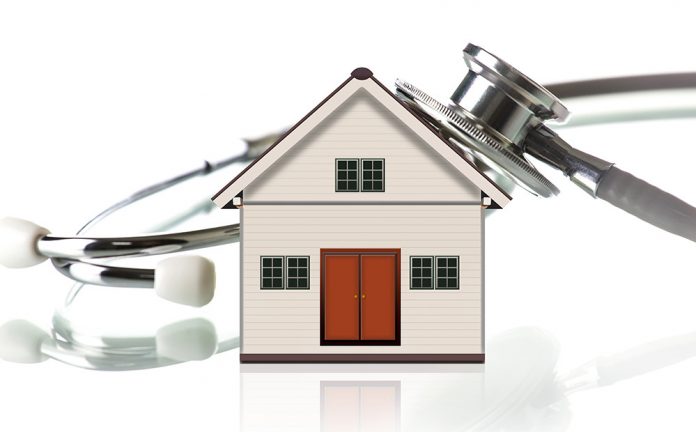Healthcare Reform will focus on improved coordination of care for patients, improved preventive care, improved care of chronic illnesses and the use of evidence- based protocols to guide clinical practice. In the Medical Home model, stronger primary care is the cornerstone of healthcare.
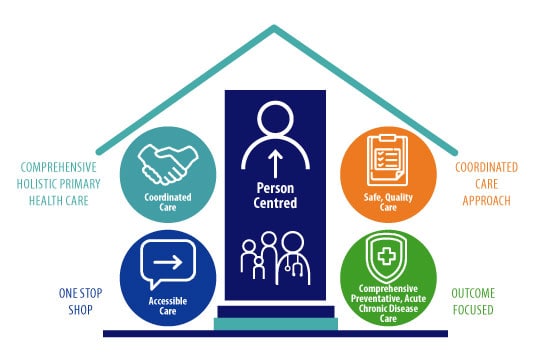
Primary Care
The majority of healthcare is provided in outpatient settings such as physician offices. Primary care physicians (or generalists) provide much of this care while specialists provide care for specific illnesses such as cardiac disease, kidney disease and orthopedic needs. Primary care physicians are typically Family Practitioners.

Coordination of Care
In the Medical Home model the primary care physicians are responsible and accountable to mange the care of their patients over time and across multiple settings, including preventive care, acute care, chronic care and even end of life care. The primary care provider leads a team of people that take responsibility for monitoring the care of their patients.
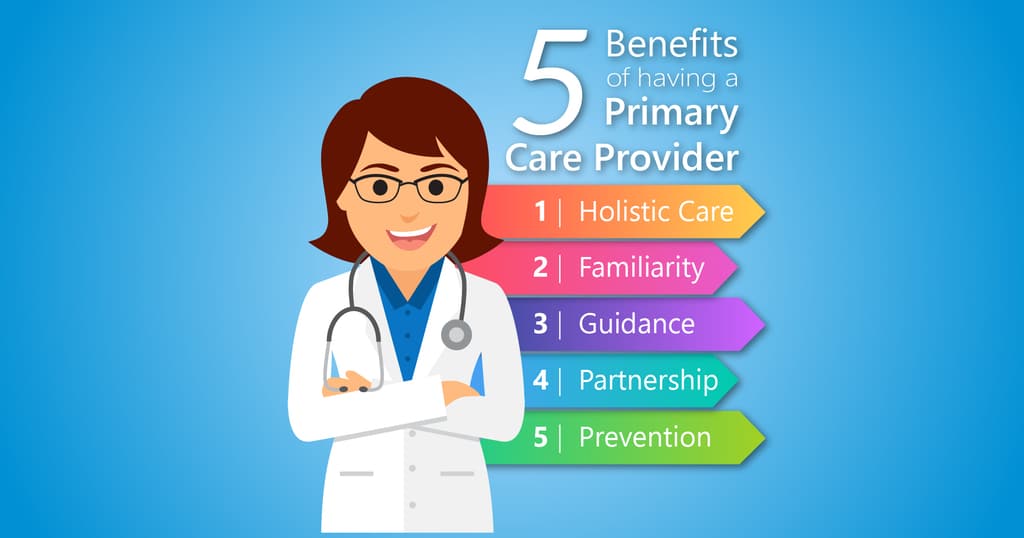
This team might include Advanced Practice Nurses, Physician Assistants, RN’s, case managers, and other office staff. Every patient in a Medical Home has an on-going relationship with his/her provider and care is coordinated across the health care system.
Access to Care
One principle of the Medical Home is that the patient has easier access to care. This may mean that the physician’s office has open scheduling or expanded hours. If the patient needs to see a doctor they are able to see one on that day. The typical office schedule is eliminated and patients are treated the same day they seek care.

This also decreases the need for a patient to go to an Emergency Room for non- emergent matters because they can be seen in a timely way.
Evidence Based Protocols
This term refers to standardized clinical protocols that are known to improve the health of a population of people. While evidence based medicine does not exist for every possible diagnosis, there is a great body of research on the best way to care for pneumonia, heart disease, diabetes, and asthma for example.
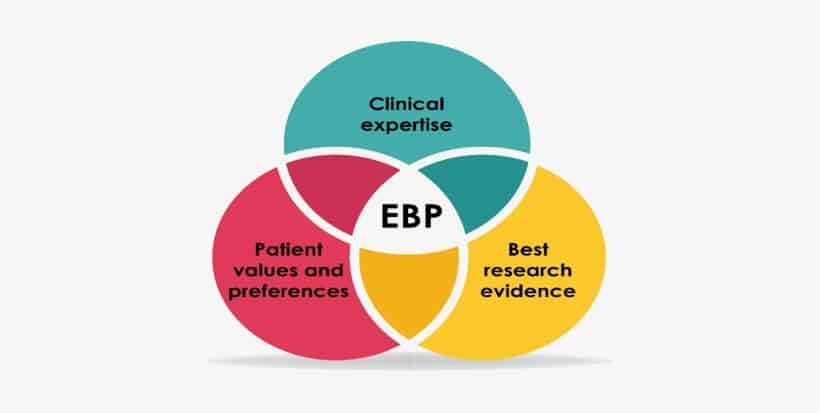
Other research shows best practices for how to prevent complications from illness and complications from hospitalization. The term evidence based practice (EBP) may include both medical and nursing professional activities.
Monitoring Care and Quality
Another characteristic of a Medical Home is the use of data to monitor compliance to protocols, to study outcomes and to grow the body of knowledge of how to treat illness, and to trend the data over time to understand how to improve the healthcare of a population of people.

For example, it is known that Flu vaccines prevent a significant majority of flu cases-this is based on studies and outcome data. Another example would be the treatment of a diabetic patient and ensuring that these patients follow the care that is known to prevent complications of diabetes.
Payment
Healthcare Reform includes several potential methods to reward physicians for providing this type of care. It is not generally well known that primary care physicians are one of the lowest paid physician groups. In this model, Medicare may incentivize primary care physicians for helping to maintain and improve the healthcare of a population of patients.
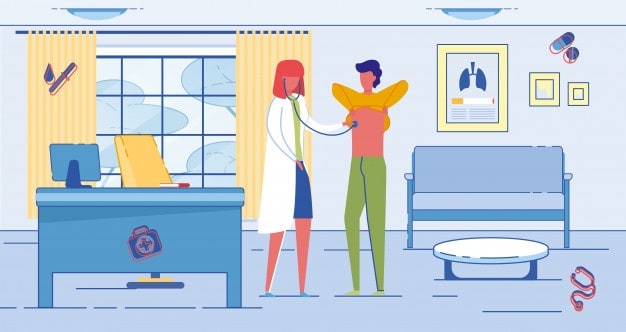
If this model is successful, it is believed that overall healthcare costs would decrease since patients would receive the care they needed in a timely manner, their illness would be managed over the course of their life in a coordinated fashion and hospital admissions (both Emergency Room visits and inpatient admissions) should decrease.
- What Is Aromatherapy Vs. What Are Essential Oils?
- What is La Tomatina in Bunol, Spain Like? What to Expect at the Famous Tomato Throwing Festival
Satisfaction
Because both the physician’s office and the patient are a team, there is increased involvement and engagement by everyone. The pilot projects that exist throughout the United States today are demonstrating both improved physician satisfaction and improved patient satisfaction with this model.

To summarize, a Medical Home will focus on preventive and chronic care for patients by having an on-going relationship with their primary care physicians. As they are treated for any acute care needs, their chronic needs will also be addressed at the same time.
An example might be that if a diabetic patient seeks care for a cough/cold, the physician treats that symptom but the team also takes the time to review the patient’s medical record, evaluate if the diabetic patient is due for other treatments or preventive measures for their diabetes and ensures that this care is provided.

The care team provides education, coaching and follow up to monitor both the patient’s cough and their diabetes after they go home. This is quite different than most office visits today where the cough would be treated and the patient would go home. The care becomes focused on the whole person, not just the cough.
Medical Homes are being piloted across the country and will most likely play a role in the future of healthcare reform.


